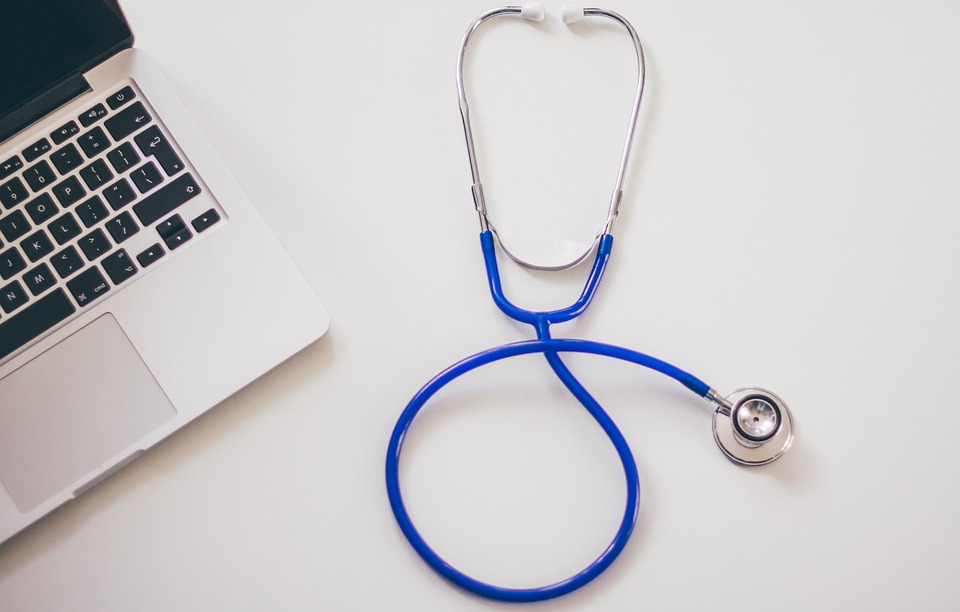
Somehow our Western world has managed to transform yoga into a trendy form of exercise, while bypassing the wisdom and spiritual enhancement that yoga has to offer. True yogis know that this ancient and sacred method of self-care and self-discipline is not just an exercise, but rather a system that promotes wellness of body, mind, and spirit.
It may be that the challenge in our multi-talking, fast-paced Western society is teaching or learning about holistic health, or mind/body/spirit science, in a way that invites an organic understanding, especially in a hectic culture where everyone seems to be running on limited time and seeking immediate results. Most Western yoga teacher training programs do a good job teaching the asanas, but fall short in providing critical, science-based information about how they affect the body systems.
Kathy Farrell, a 32-year-old Hatha Yoga teacher who runs the Boston Public Health Commission’s fitness center specifically felt that the anatomy and physiology elements were lacking in her yoga certification program. She is quoted as stating that the “broader picture and the evidence of how the mind, body and spirit work together was knowledge I was missing.”
Some programs also seem to be lacking in teaching how to develop mindful, meaningful relationships with students. One of the main reasons people do not continue with alternative modalities, such as yoga, is due to a lack of understanding of the enormous emotional, nutritional, and spiritual benefits as well as physical benefits from continuing such a practice. A remarkable, integrated model of health education, Whole Health Education ® , has emerged over the past two decades, providing the teacher and student alike a larger “whole picture of health” that can facilitate how yoga is taught, and very importantly, how yoga is understood by a Western evidence-seeking audience.
Through this whole health, relationship-centered approach, a yoga teacher can possess and share with students a scientific and spiritual understanding of body, mind and spirit health. Farrell agrees: “Whole Health Education ® is essential training for all yoga teachers and anyone in the health arena. Professionally, I am now a better teacher because I have the evidence of interconnectedness and can help my students delve deeper. For example, in the case of a blocked chakra, I can identify the organs that are connected to that particular chakra. I am not just a better teacher but also a better person all around because it has helped me to graduate to a deeper level of happiness. I no longer want to take the band-aid approach but rather, it has made me more aware of looking at all aspects of my health, the ability to identify imbalances, and the knowledge to make the necessary changes.”
In addition, in learning how to develop mindful, invitational relationships with students, yoga teachers can attract more students and provide the additional quality of life benefits they are seeking from their yoga practice. An organic understanding of yoga enhances this experience. This model of teaching and learning also helps to integrate current medial research with the wisdom of various ancient spiritual teachings and a natural outlook on healing, all centered on integrity and compassion. In addition, it demystifies anatomy, physiology, nutrition, environment, spirituality/psychology, and integrates these sciences to give yoga teachers and students an integrated understanding of the “big picture of health.”
In addition to being an outstanding and unique method of teaching and learning, this education model can uncover what the real cause and effect of our diseases are or how we can heal what ails us. The Whole Health Education ® model invites individuals to discern what they know about their health, what choices they can make to eliminate or control their health problems, and what kind of care they choose to utilize. This invites an experience of holistic health through our own filters, and in a way that is compatible with our authentic self and personal beliefs. In this model, individuals become the empowered center of their own health and healing process.
For more whole health discussions like this, listen to my weekly radio show Living Above The Drama available on iHeartRadio.
 By Georgianna Donadio, MSc, DC – The holidays are a special time to pause, give thanks for the richness and blessings of our lives, and enjoy time with friends and family. Shopping, party planning, gift wrapping, visiting friends and family can also be hectic, stressful and expensive.
By Georgianna Donadio, MSc, DC – The holidays are a special time to pause, give thanks for the richness and blessings of our lives, and enjoy time with friends and family. Shopping, party planning, gift wrapping, visiting friends and family can also be hectic, stressful and expensive.


